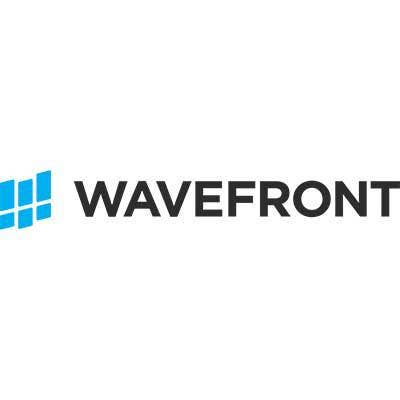VMware Cloud Exec On Wavefront Acquisition, AWS Strategy, And Why VMware Does Not Want To Be In Public Cloud Business

VMware's Wavefront Deal Packs A Microservices-DevOps Punch
Ajay Singh, senior vice president and general manager of VMware's Cloud Management Business Unit, told CRN that the company's acquisition of Wavefront provides the virtualization market leader with microservices and DevOps prowess for its Cross-Cloud Services offensive.
Wavefront, named to CRN's 10 Coolest Big Data Startups of 2016, develops a cloud-hosted, real-time analytics platform that monitors and manages cloud applications. It provides monitoring to optimize clouds and modern applications by delivering insight using millions of data points per second in real time. Wavefront, for example, provides intelligent alerts to proactively monitor and manage application performance.
"Wavefront is by far the leader in ingesting and monitoring data," said Singh. "The company can offer millions of metrics per second, or in the industry jargon, PPS, or points per second. That's what some of Wavefront's high-end customers like Workday, Box and British Gas are experiencing."
The Wavefront deal comes just one week after VMware sold its vCloud Air public cloud platform to European hosting giant OVH.
Solution providers said the two recent moves underscore VMware's stepped-up focus on providing hybrid and cross-cloud software and services.
Singh spoke with CRN about the acquisition of Wavefront, the impact on the AWS strategy, and why VMware does not want to be in the public cloud business.

What issue is VMware looking to solve with Wavefront?
VMware's core sweet spot is in virtualized infrastructures. We help customers manage the compute, storage and networking, along with the applications running on top of it. But in the last few years, we've seen microservices and container-based applications take off. And they have two big differences versus traditional infrastructures.
The first is that micro apps are very transient. They pop up and may disappear quickly. In the past, you might need to monitor the health of an application every five minutes. Now many applications may not last five minutes. Now you need to monitor them every second. That's a 300 percent increase in scale.
Also, we're seeing up to 10 microservices for every VM [virtual machine]. That means a 3,000 percent increase in scale.

So why Wavefront?
Wavefront is by far the leader in ingesting monitoring data. The company can offer millions of metrics per second, or in the industry jargon, PPS, or points per second. That's what some of Wavefront's high-end customers like Workday, Box and British Gas are experiencing.

How is this acquisition related to VMware Cross-Cloud Services?
Our AWS relationship is a key part of our Cross-Cloud Services. This acquisition definitely goes with what we are already doing with AWS.
VMware has been saying in the last year that it wants to go back to its roots as a software company. We do not want to be in the public cloud business.

What are some of the target markets for Wavefront?
This is targeted now at DevOps teams. Big SaaS companies may have up to 1,000 engineers involved in DevOps. VMware in the past didn't do much in DevOps. This acquisition gets us there.
Also, VMware has a Cross-Cloud strategy. Wavefront fits very nicely there.
For us, Wavefront focuses on DevOps for microservices-based modern applications. Our vRealize management technology was more focused on the virtualization infrastructure -- the compute, network and storage -- that supports these applications.

Does Wavefront support VMware's strategy of working with Amazon Web Services' public cloud capabilities?
Wavefront runs as a SaaS application on AWS. But it will monitor apps that run on other clouds including Google Cloud and [Microsoft] Azure.

Does Wavefront bring any channel partners to VMware?
Wavefront is an early stage company and has had a direct business so far, like many early stage companies. But we are actively looking at how to bring the technology to the channel, to resellers.